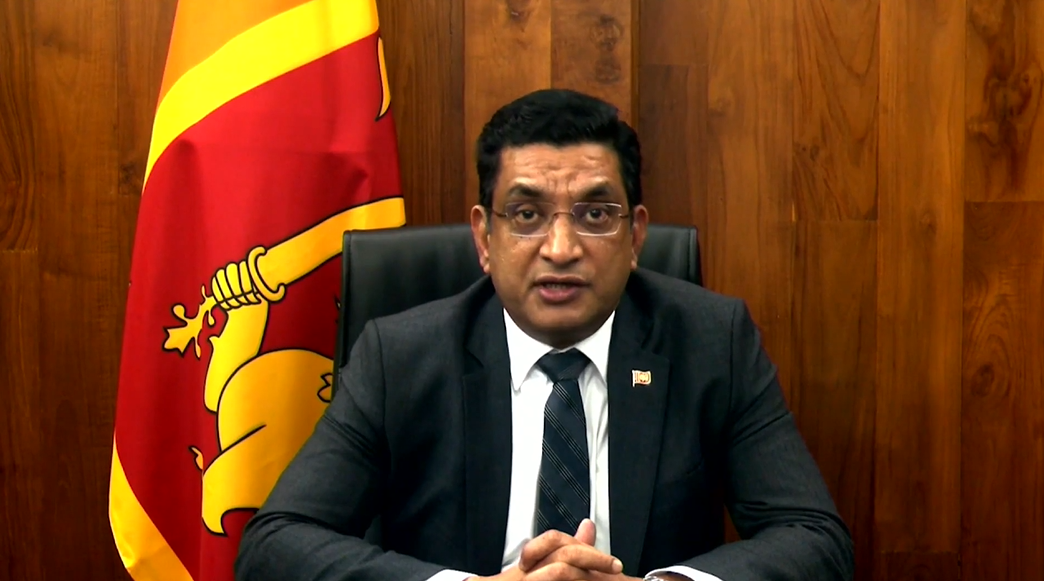
Sri Lanka's Minister of Foreign Affairs Ali Sabry told the United Nations Human Rights Council (UNHRC) his government once again rejected a resolution that calls for a hybrid accountability mechanism to prosecute for war crimes committed against Tamils, but also called for action on the “existential threat to the people in Gaza”.
Delivering his oral statement at the 5th Meeting of the 55th regular sessions of the UNHRC, Sabry said “Sri Lanka rejects extensive external evidence gathering measures established following the resolution 46/1 and 62/1," which he claimed "will have wide-ranging legal and political issues”.
Referring to the resolutions as an “ever-expanding mechanism” Sabry said these efforts were “unproductive and will drain the resources of the council”. He went on to claim that Sri Lanka engaged “actively and constructively with an extensive array of helpful working methods of the Council, that are productive and beneficial to the people”.
“President Ranil Wickremasinghe has outlined his vision for the way forward, which includes the reconciliation effort and national development plans for the North and Eastern provinces,” the minister continued. “We reject politicised and unilateral methods that infringe upon the sovereignty of member states.”
In October 2022, the UNHRC adopted resolution 51/1 on Sri Lanka, which will “extend and reinforce the capacity of the Office of the High Commissioner to collect, consolidate, analyse and preserve” evidence that may be used in future war crimes trials. The resolution maintains that evidence collected could be used in “relevant judicial and other proceedings”, including in courts around the world, to prosecute those accused of violating international humanitarian law.
Since the massacres of the Mullivaikkal genocide in 2009, which saw tens of thousands slaughtered, Tamils have consistently called for an independent international accountability mechanism to prosecute those responsible for rights abuses. Not a single prosecution has taken place so far.
Whilst the minister dismissed accountability efforts on mass atrocities committed by Sri Lanka, he did however state that “it would be a remiss of me, if I do not refer to existential threat to the people in Gaza”.
Sabry said the situation in Gaza was a “humanitarian crisis” and called for action that would “uphold the integrity of the international human rights framework”.
“The suffering of innocent civilians must not be overlooked in the pursuit of political agendas, and urgent action is needed to alleviate their plight,” he concluded.


